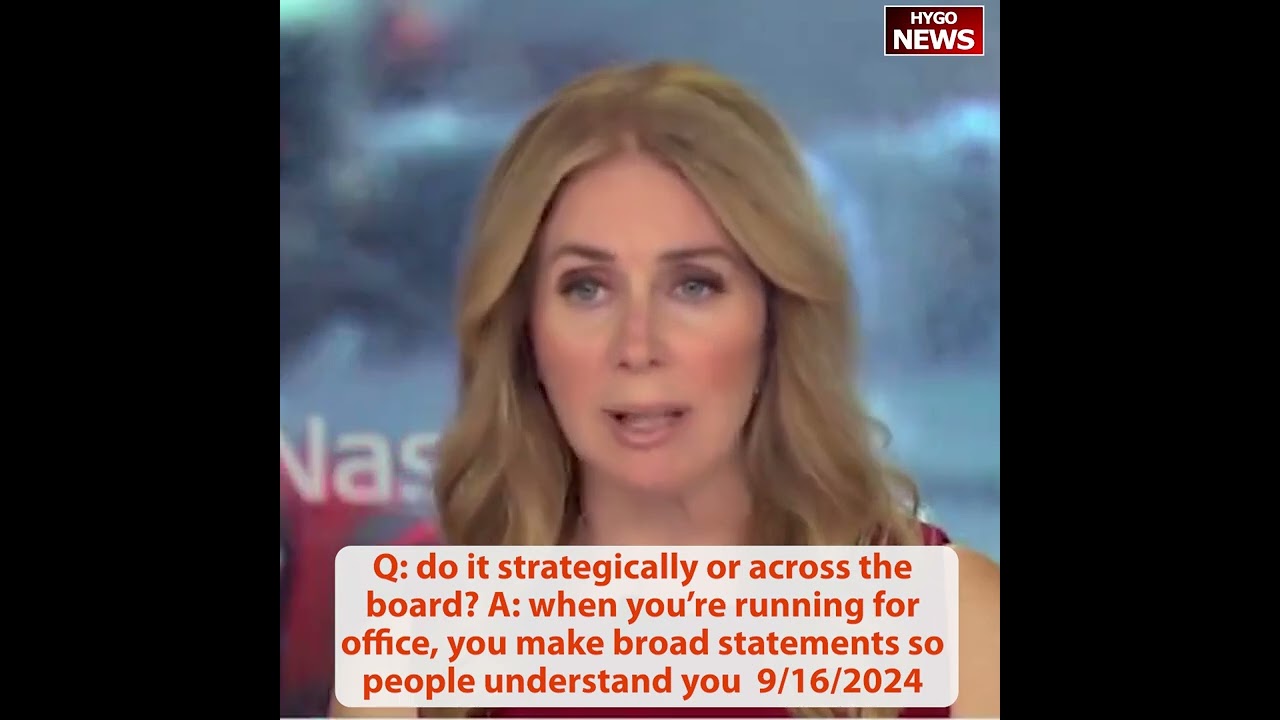Trump Transition Chair Howard Lutnick outlines how President Trump will use tariffs to protect the American worker
Lutnick: I think we should put tariffs on stuff we make and not put tariffs on stuff we don’t make. It’s pretty simple, and of course, it’s a bargaining chip. We can sell a Ford or GM in Europe, but if you go to Europe, you can’t sell a Ford or GM. Why? Because there are 100% tariffs. How about in Japan? 100% tariffs.
So, do you think if we said we’re going to tariff you the way you tariff us, do you think they’re going to allow Mercedes and all these Japanese companies and Porsches and BMWs to suddenly have 100% tariffs in America? Of course not. They’re going to come and negotiate, and their tariffs are going to come down. Finally, Ford and General Motors are going to be able to sell in these places. How’s that sound? Of course, they’re going to come down. Of course, this is just negotiation.
Q:It absolutely makes sense if you do it strategically. If it’s across the board, it creates a real problem. The question is whether you believe the president is going to do it strategically or across the board. He keeps saying it will be across the board.
Lutnick: Well, when you’re running for office, you make broad statements so people understand you. Tariffs are an amazing tool for the president to use.
He understands not to tariff stuff we don’t make. If we don’t make it and you want to buy it, I don’t want to put the price up there.
Use tariffs to build in America. If we want to make it in America, tariff it. Or if we’re competing with it, tariff it. We need to protect the American worker. Finally, someone is going to protect the American worker, and Donald Trump is here to protect the American worker.
We can make a lot of money in tariffs if they’re used as negotiating tactics.
Look, tariffs will come down. We’re not going to have super high tariffs here either.
In 1948, we came up with something called the Marshall Plan. The world, including Germany and Japan, was destroyed after World War II, and we wanted to export our economy to them. So, we made a rule: they could tariff us, and we wouldn’t tariff them, allowing them to rebuild their economies. This is the best explanation I’ve heard for the Marshall Plan.
Our economy was so strong that we used it to help others rebuild. But when should that have ended? What do you think, 1980? 1985? Why, after 40 years, are Japan, Germany, and all of Europe still heavily tariffing our auto and furniture industries? Do you realize that all the foreign-made furniture you’re buying is because they tariff us, and we don’t tariff them? It’s so obvious
https://www.facebook.com/HygoNewsUSA/videos/440645692329329
BEST EXPLANATION: not tariffs on stuff we don’t make, across the board? 1948 Marshall Plan should end 1980?

